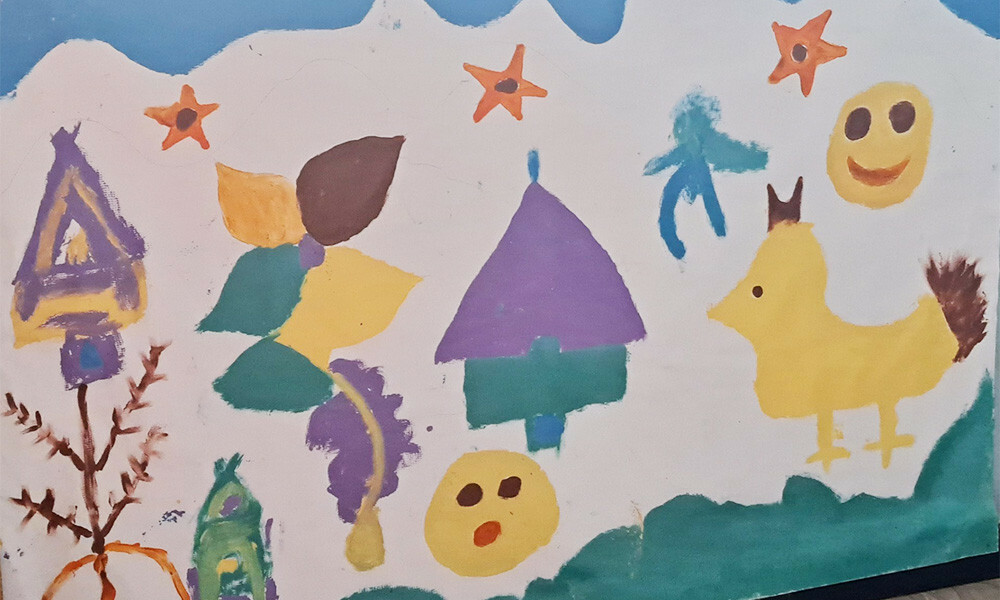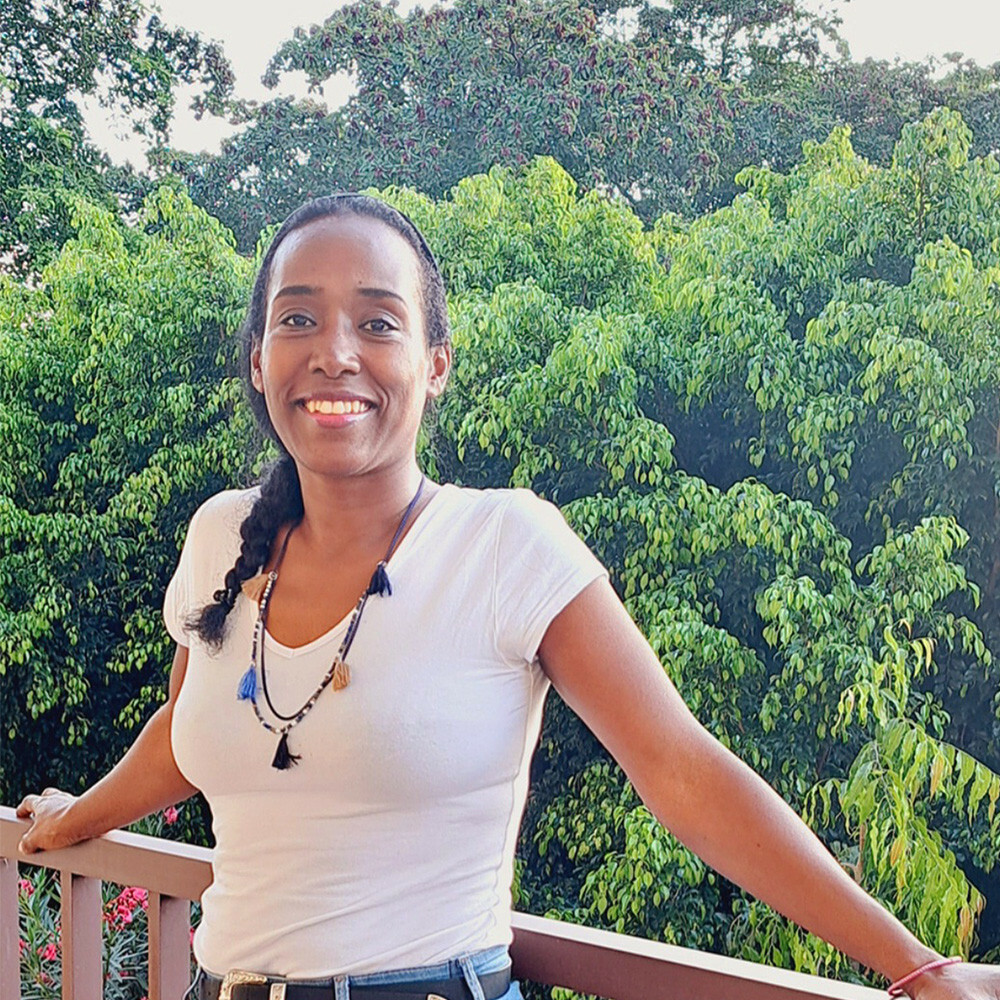Researching violence against women and girls in my own country of Ethiopia: the tolerated and the unacceptable


I have worked as a public health expert in the field of sexual and reproductive health for over 15 years. As an Ethiopian woman who has recently relocated to Belgium, I have been reflecting on my upbringing and the treatment of women and girls in Ethiopia. Despite having a caring father and supportive husband, my experiences, along with those of many other women and girls in Ethiopia, have highlighted the undeniable power imbalance and injustice that is manifested through violence. Violence against women and girls is a significant global public health problem and a violation of human rights, experienced by one in three women and girls on the planet.
“Shame is not the only factor preventing women from seeking help or disclosing their experiences of violence. I believe the lack of support from close family, neighbours, and expectations of weak legal sanctions against the perpetrator also play a significant role.”
Metasebia Admassu
Researcher
In August 2021, while working at ITM, I conceptualised and conducted research on violence against women and girls. The project was funded by the Fondation de Luxembourg and carried out together with colleagues from the Sexual and Reproductive Health Group and partners from Ethiopia. The study was conducted in Arbaminch City, located in the Gamo Gofa region of Ethiopia, approximately 500 km south of Ethiopia’s capital, Addis Ababa. I selected the site based on the annual regional health report of violence cases. During my initial assessment, I saw that 30% of all violence case reports in the southern region of Ethiopia were from the Gamo Gofa Zone. I aimed to gain an in-depth understanding of violence against women and girls in this area.
“How do you understand or perceive violence against women and girls?” This was the first question that I asked all 62 of my interviewees. They included female violence survivors, men, women of reproductive age, religious leaders, elders, police officers, and health, legal, and social service providers. Surprisingly, responses varied among different community members, and the paper which resulted from my research explores in more detail what violence against women means to various people, and how to prevent it and respond to it.
What do violence survivors and other community members recommend?
A common belief among male participants was that “women have the power to stop every violence - by being submissive to their husband or partners.” According to the needs of female violence survivors, seeking help and receiving continuous emotional support from family, neighbours, the community and stronger support from the legal system were considered to be most useful ways to ensure psychological support.
During my research, I realised that working on the topic of violence, despite its sensitive nature, is empowering and healing for me. I met many brave service providers who work with violence survivors and had informal conversations with them about how they find the strength to hear all those awful stories. One provider told me, "The first few weeks might be challenging, but as you hear a lot, you will get used to it." However, I don't want to get used to it. Instead, I want every individual, organisation, or institution to contribute to preventing violence against women and girls because the long-term impact of violence cannot be treated medically. This work is the beginning of my journey, not the end.
By Metasebia Admassu
@Metiadmassu
Read publication
The manuscript was published by the journal PLOS One.
Research themes
Sexual and Reproductive Health
Read moreSpread the word! Share this story on









